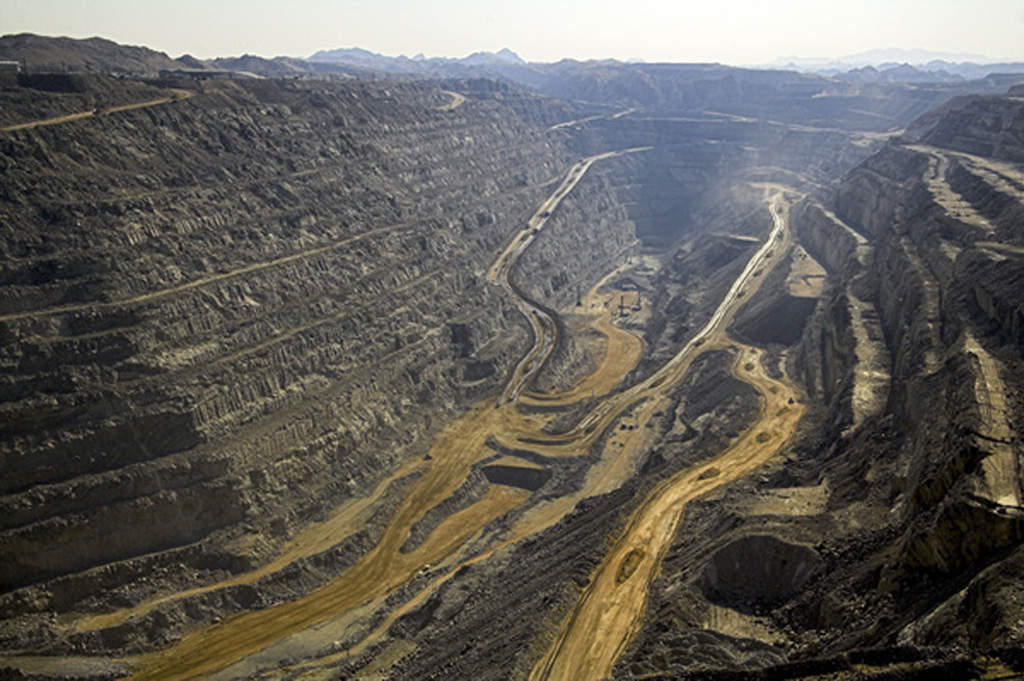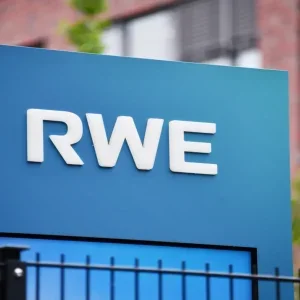
The Rossing Uranium Mine, which is an open pit uranium mine, has been in operations since 1976. Located in the Namib Desert near Arandis, the mine produces and exports uranium oxide to nuclear power utilities across the world.
Last year, the Namibian uranium mine produced 4,652 klbs with Rio Tinto’s share of mined uranium in that being 3,192 klbs.
The mining giant said that the sale of its stake in the Rossing Uranium Mine represents the conclusion of an assessment of strategic options it had considered for the mine.
According to Rio Tinto chief executive J-S Jacques, the transaction shows the company’s commitment to strengthen its portfolio and focus on its core assets, which are capable of yielding sector leading returns in the short, medium and long term.
Jacques said: “Rio Tinto has a long history in Namibia and I would like to thank the many people across Rio Tinto and the communities in which we operate who have contributed to the success of Rössing.
“I wish them continued success under new ownership. Rio Tinto will work closely with CNUC to ensure a smooth transition and ongoing sustainable operation at Rössing.”
As per the terms of the deal, CNUC will make $6.5m as initial cash payment, which is payable at completion followed by a contingent payment of up to $100m after completion.
The contingent payment will be based on uranium spot prices along with the net income of Rössing Uranium during the next seven years.
Additionally, Rio Tinto will get an undisclosed amount in cash if CNUC sells the Zelda 20 Mineral Deposit during a restricted period after completion.
The transaction is likely to be closed in the first half of 2019 depending on meeting of certain preceding conditions such as the approval from the Namibian Competition Commission.
Currently, the stakeholders in the Rossing Uranium Mine apart from Rio Tinto are the Namibian government (3%), Iranian Foreign Investment Company (15%), Industrial Development Corporation of South Africa (10%) and local individual shareholders (3%).






